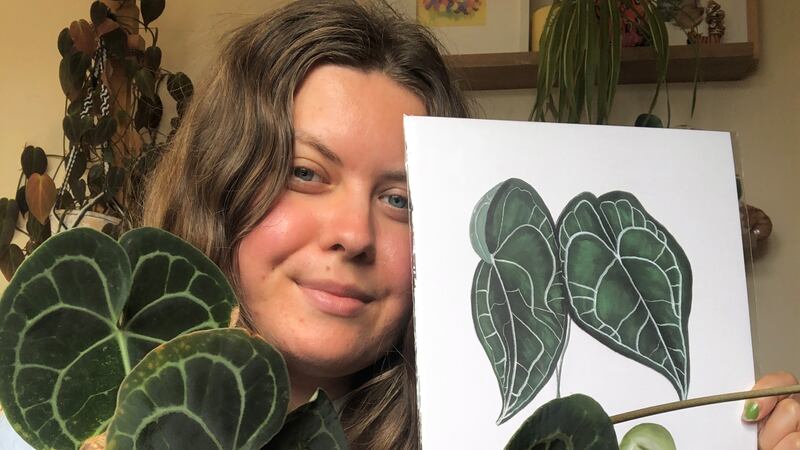THE very first time I had a call delivering the sad news that a customer had passed away, it was pretty traumatic. A sudden death in the early 30s left a widow who was both traumatised and confused. Added to the stress were the questions: Am I going to be okay? Where are our bank accounts? What are the numbers for them? What are the passwords? Where is the will, the deeds to our house, the passwords to computers and our investments?
Between £15-20 billion of assets are deemed to be lost in the UK at the moment. Whether it’s through death, change of employer or address, forgetfulness, or even a partner making an investment and not telling the other partner, the aforementioned assets can be put out of reach.
The unclaimed assets register allows for people and businesses to trace assets with a speedy online search and re-establish assets to their rightful owner.
Prior to having to need to use such a scheme it is well worth detailing all the above in just one place. Your independent financial adviser, solicitor or accountant could retain a scanned copy which would save untold stress at a time of bereavement.
Furthermore, in advance, you could consider consolidating assets into one place. Old pensions here and there may already not be fit for purpose. They may be in poorly performing funds, or indeed have old style death benefits which ensure you only receive your return of premiums rather than the total fund value.
Perhaps the biggest risk is that you may just forget about them, or the documents lost with survivors not knowing where they are.
Consider whether setting up your own Wrap account may be a good solution to this.
The advantages are numerous. With one access point, you can hold, and see, all your different holdings in one place. Whether it’s your ISA, pension, or other investments such as open-ended investment companies or investment trusts, with one click you can see where they are, the valuation and how they are performing.
No more messaging banks/investment companies and awaiting a valuation which will be three days out of date by the time it arrives. If there was an emergency, the independent financial adviser would also be able to access everything and let you know where you are.
If you wanted access to valuations for your account, it’s a click. In the event of a death, if the solicitor wanted valuations, they may previously have had to write to many companies costing fees each time. Instead, a solicitor, or the executors of your will simply ask the independent financial adviser, and the consolidated statement is produced.
By pooling your family’s assets (putting all the assets into one Wrap – but individually owned), this allows for a tiered, bulk discount on fees that you may not be receiving by having your assets scattered. Furthermore, if you buy through a Wrap, that Wrap will have negotiated significant discounts on the cost of the funds you are investing into.
One of the greatest benefits is that of helping the adviser managing your money. Having to transfer from company A to company B each time is lengthy, cumbersome and expensive and you may find you are paying advisers for sitting on hold to a life office’s call centre - a boring, cardboard chewing, pointless exercise.
An adviser is also able to immediately assess where your assets are geographically spread as well as the sectoral spread – UK equities, overseas equities, exposure to Russia/Ukraine, exposure to assets that can benefit from inflation etc.
All these savings are simply passed on to you.
As per my column a fortnight ago, advisers in the ‘olden days’ used to move customer assets around products, churning it for commission or extra fees. A Wrap negates this as the work is all done in one place.
Which Wrap should you choose? That’s a conversation with your independent financial adviser, but, the two key factors are the charges and its functionality. If it’s unnecessarily expensive, it can eat away at the growth on your money.
Key of all is its functionality. If the background software doesn’t do what it says on the tin, everything grinds to a halt.
Peter McGahan is chief executive of independent financial adviser Worldwide Financial Planning, which is authorised and regulated by the Financial Conduct Authority. If you have any questions or would like advice on a Wrap, call Darren McKeever on 028 6863 2692, email info@wwfp.net or visit wwfp.net








